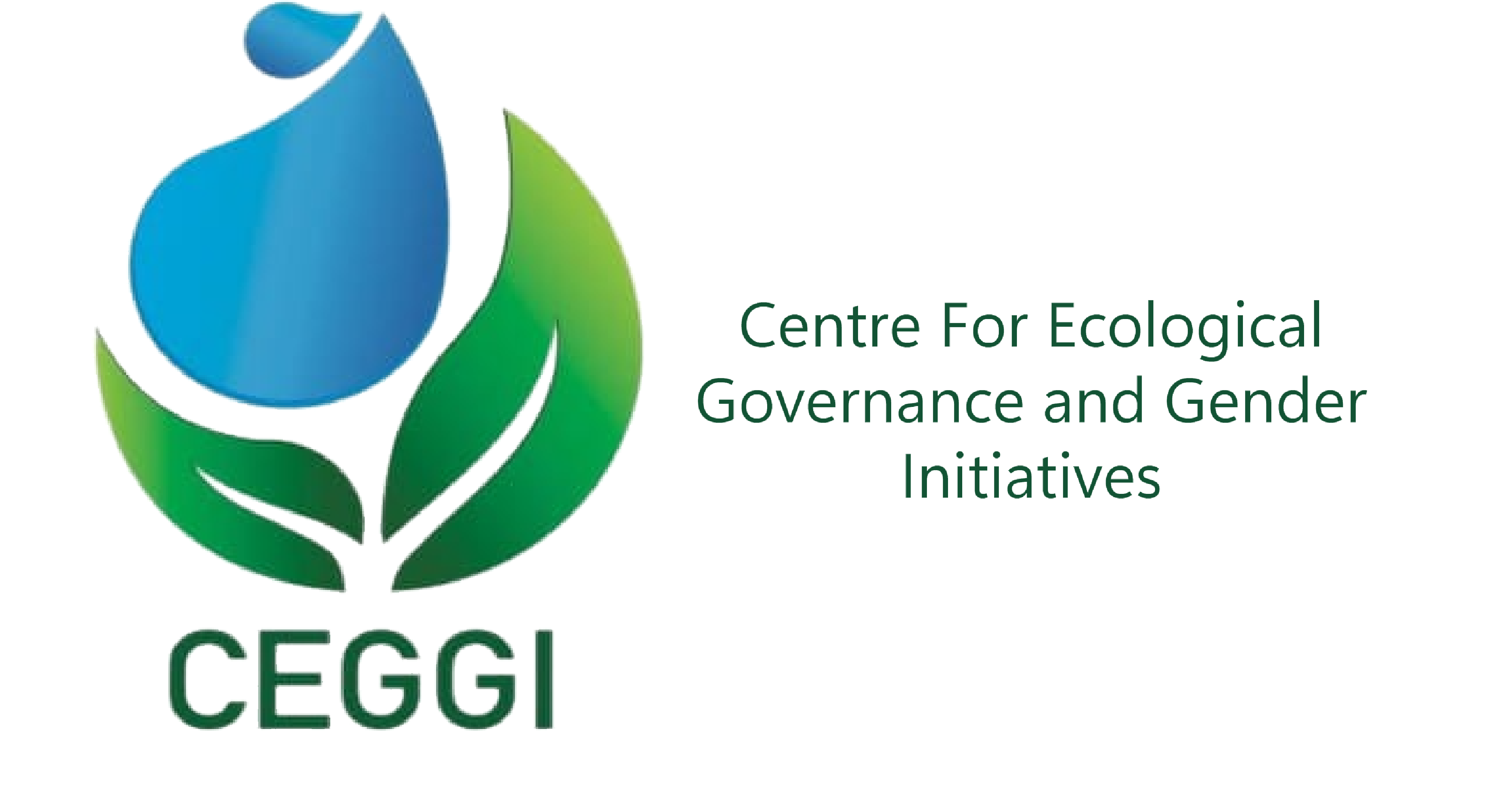Through our Community Ecological Governance Program, CEGGI works closely with indigenous communities affected by environmental degradation. We promote ecosystem conservation, combat deforestation, and restore degraded landscapes, ensuring the preservation of biodiversity through reviving traditional/indigenous practices and strengthening of customary governance systems that respect the Rights of Nature. We also promote water governance initiatives.
Background
Uganda’s economy relies heavily on natural resources. They range from land, fish from water bodies, livestock, wetlands, forests, wildlife, water, minerals and climate that provides sources of livelihoods and means to overcome poverty for the majority of the population. At present the natural resources contribute about 54% of the country’s GDP. Natural resources also contribute more than 90% of Uganda’s energy requirements in terms of charcoal and firewood for domestic use. With over 85% of Uganda’s population living in rural areas and employed in natural resources-based activities, particularly agriculture, sustainable natural resource utilization, therefore, is key to Uganda’s efforts to ensure sustained poverty reduction (B. K. Kabanda, May, 2003).
Uganda’s NDPIII also goes ahead to mention that natural resource and climate change management are critical to the reduction of disaster losses, achievement of increased household incomes and improvement of quality of life of the population. It also acknowledges that there is poor management of natural resources including land, water, and environment coupled with the worsening effects of climate change.
CEGGI’s environment program is very much in line with the national laws and policies that govern and support natural resources management and environment protection.
Activities
When local people have a say in the health of their food, water, and resources, they are forces for change. Empowering them on alternative livelihood skills to reduce pressure on the ecosystems is key to sustained conservation efforts. Therefore, our environment program aims to:
- Build partnership with grassroots communities to enable them design and implement development projects based on their own perspectives, enabling them to own their ideas and improve their livelihoods
- Encourage the revival of cultural knowledge to restore and manage degraded landscapes by promoting the growing of native trees in respective landscapes to improve on forest cover to mitigate the impacts of climate change
- Promote and support community forest management which allows communities dependent on forests to benefit from forests and land without depleting natural resources.
- Highlight the need to recognize the knowledge, practices, technologies, and efforts of local communities related to addressing and responding to climate change, and how these communities are able to cope and adapt to the changing environment
- Improve community disaster preparedness and knowledge management skills by applying both traditional and modern technologies in regions prone to climatic disasters.
- Support and encourage vulnerable groups to engage in sustainable adaptation mechanisms to cope with climate change impacts by growing native trees that are resilient to the weather in respective landscapes through cultural and indigenous knowledge and values.
- Engage and work with local leaders to know their role as stewards of natural resources within their jurisdiction and ensure that national laws, regulations and guidelines on natural resources management are adhered to by all stakeholders
- Ensure that sustainable ecosystems management is a collective responsibility of all landscape stakeholders including the private sector, and therefore the need to harmonize conservation and development to achieve a win-win situation.
- Engage with local and national authorities to respect and include indigenous people’s opinions and views in plans to address the management of natural resources and environmental related concerns since they have been the best stewards of the ecosystems for ions of years.
- People and communities are affected in different ways by environmental challenges and opportunities, depending on their roles in such societies. Gender is one of the roles that play a big part in determining how one would be affected by environmental challenges depending on the power, opportunities, resources, decision-making and benefits of each individual. In order to achieve sustainable environmental protection and socio-economic development, it is important to take into account the different perspectives, roles, rights, needs and priorities of women and men when considering environmental issues at stake. CEGGI mainstreams gender in all its actions related to environmental management.
